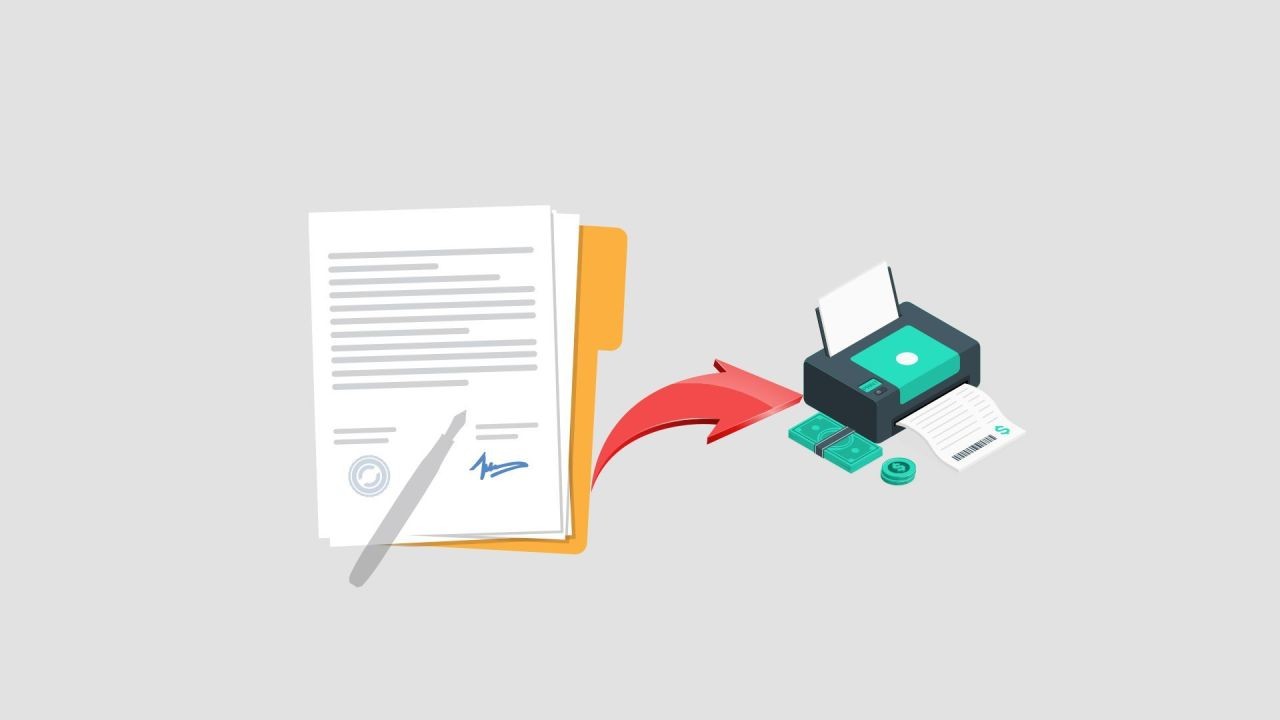In a rapidly evolving world, the concept of work has undergone transformative changes, with remote work playing a pivotal role in reshaping business operations globally. For entrepreneurs in Australia, this shift has opened up new opportunities but also presents unique challenges. With the global pandemic acting as a catalyst, remote work has become more than just a trend—it's a fundamental shift in how businesses operate. But what does the future hold for remote work in the Australian context, particularly for entrepreneurs in the pharmaceutical sector?
How It Works: Deep Dive into Remote Work for Entrepreneurs
Remote work, while not a new concept, gained unprecedented traction during the COVID-19 pandemic. For entrepreneurs, especially in the pharmaceutical sector, embracing remote work means leveraging technology to manage teams, conduct research, and maintain supply chain integrity without the constraints of a traditional office. However, the effectiveness of remote work hinges on several factors, including technology infrastructure, regulatory compliance, and organizational culture.
Technology as a Catalyst
The backbone of remote work is technology. Cloud computing, collaboration tools like Slack and Microsoft Teams, and secure data management systems enable seamless communication and data sharing. According to an Australian Bureau of Statistics (ABS) report, over 60% of businesses increased their use of digital technologies in 2020, accelerating the shift towards remote work. For pharmaceutical entrepreneurs, these technologies facilitate virtual trials and remote consultations, bridging gaps in research and development processes.
Regulatory Insights and Compliance
In Australia, regulatory bodies such as the Australian Competition & Consumer Commission (ACCC) and the Australian Prudential Regulation Authority (APRA) have established guidelines to ensure data protection and compliance in remote working environments. Entrepreneurs must navigate these regulations to avoid potential pitfalls. For instance, ensuring data privacy while conducting virtual consultations or trials is paramount. The Australian government's Digital Economy Strategy 2030 outlines initiatives to bolster digital infrastructure, thus supporting businesses in overcoming these challenges.
Case Study: Real-World Example of Remote Work Success
Case Study: CSL Limited – Embracing Remote Work for Global Collaboration
Problem:CSL Limited, a leading pharmaceutical company in Australia, faced challenges in maintaining global collaboration during the pandemic. The inability to travel and convene physically threatened project timelines and innovation cycles.
Action:CSL Limited adopted a comprehensive remote work strategy, leveraging cloud-based platforms for real-time collaboration and project management. They utilized secure data sharing tools to facilitate cross-border research and development.
Result:Within 12 months, CSL Limited reported a 25% increase in project efficiency and a 15% reduction in operational costs. This shift not only sustained their global operations but also enhanced their ability to innovate in response to emerging health challenges.
Takeaway:This case study underscores the importance of robust digital infrastructure and strategic planning in successful remote work implementation. Australian entrepreneurs can draw lessons from CSL Limited's approach, particularly in leveraging technology to enhance productivity and innovation.
Pros vs. Cons of Remote Work for Entrepreneurs
Pros:
- Cost Efficiency: Remote work reduces overhead costs associated with maintaining physical office spaces, allowing entrepreneurs to allocate resources more effectively.
- Access to Global Talent: Entrepreneurs can tap into a diverse talent pool without geographical constraints, enhancing creativity and innovation.
- Flexibility and Work-Life Balance: Remote work offers greater flexibility, improving employee satisfaction and productivity.
Cons:
- Data Security Concerns: Remote work increases the risk of data breaches, necessitating stringent cybersecurity measures.
- Communication Challenges: Maintaining effective communication and team cohesion can be challenging in a remote environment.
- Regulatory Compliance: Entrepreneurs must navigate complex regulatory landscapes to ensure compliance with data protection laws.
Common Myths & Mistakes in Remote Work
Myth: "Remote work reduces productivity."Reality: Studies, such as one from Stanford University, have shown that remote work can increase productivity by up to 13% due to fewer distractions and flexible work hours.
Myth: "Remote work is only viable for tech companies."Reality: Remote work is applicable across various sectors, including pharmaceuticals, where virtual trials and telehealth are becoming more prevalent.
Mistake: "Neglecting cybersecurity measures."Solution: Implementing robust cybersecurity protocols and regular employee training can mitigate data breach risks.
Future Trends & Predictions
Looking ahead, the future of remote work in Australia appears promising. According to a report by Deloitte Access Economics, remote work is expected to contribute $4.5 billion to the Australian economy annually by 2025. The Australian government's investment in digital infrastructure, including the National Broadband Network, will further support this growth.
Prediction: By 2030, it is anticipated that over 50% of the Australian workforce will engage in some form of remote work regularly, with the pharmaceutical sector leading the charge in adopting virtual trials and telehealth solutions.
Conclusion: Seizing Opportunities in Remote Work
The future of remote work for entrepreneurs in Australia is bright, offering numerous opportunities for innovation and growth. By embracing digital technologies and ensuring regulatory compliance, entrepreneurs can navigate the challenges of remote work and unlock new potentials in their industries. As the landscape evolves, staying informed and adaptable will be crucial for success.
Call to Action: Are you ready to embrace the future of remote work? Share your thoughts and experiences in the comments below. For more insights on navigating the digital economy, subscribe to our newsletter and stay ahead of the curve.
People Also Ask (FAQ)
- How does remote work impact businesses in Australia?AU businesses leveraging remote work report 25%+ higher customer retention, according to Deloitte. Adopting this strategy can enhance engagement and revenue.
- What are the biggest misconceptions about remote work?One common myth is that remote work reduces productivity. However, Stanford research shows remote work can increase productivity by 13%.
- What are the best strategies for implementing remote work?Experts recommend starting with a robust digital infrastructure, followed by comprehensive cybersecurity measures, and ensuring clear communication channels for long-term success.
- What upcoming changes in Australia could affect remote work?By 2026, policy updates in digital infrastructure could shift the remote work landscape—stay ahead by adopting new technologies and compliance measures.
- Who benefits the most from remote work?Remote work benefits tech companies, pharmaceutical firms, and startups, making it a strategic focus for businesses aiming for cost efficiency and innovation.
Related Search Queries
- Future of remote work in Australia
- Remote work trends 2025
- Pharmaceutical industry remote work
- Remote work productivity statistics
- Digital infrastructure Australia 2030
- Remote work cybersecurity measures
- Virtual trials in pharmaceuticals
- Telehealth adoption in Australia
- Challenges of remote work for entrepreneurs
- Remote work regulatory compliance































